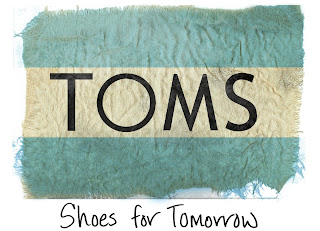I recently started reading the book: Social Entrepreneurs, How to Change the World. It includes some inspirational models and observations that are very important for social entrepreneurs. Many who follow the business entrepreneurship topics do not know about the existence of this type that incorporates the word ‘entrepreneurship’ with the word ‘social’, which its definition intersects with the idea that technology in the hands of the people are the solution. Social entrepreneur does not measure the return on profits earned by his company. Social entrepreneurship return on investment is measured by the positive social impact reflected on the members of the community, which is most often a result of providing technology and skills in the hands of people so they can solve their problems, and most importantly the resources should come from their environment.
Social entrepreneurs are people who solve social problems on a broad range. They serve large markets with limited resources. The Author mentions that the spark of social change comes from individuals who are passionate and obsessed about social work. They see the problem and come with great solutions and work hard to achieve them. Therefore, social entrepreneurship is the science of applying commerce skills and business management to bring benefits to the community. Did you ever think to invest your money in organisations selling agricultural machines for farmers in installments (with low 2-3% interest) and to follow their performance in their lands, and their commitment to return these premiums in comfortable installments, and to collect the profit of which at the same time achieve the benefit of your community? This is simply the principle of how social entrepreneurship ventures operate.
One of the differences between business entrepreneurs and social entrepreneurs, as the author points out, is the way they identify the role of targeted "individuals" in the commercial and social workspaces. They have different views about the benefits of the products or services that they provide to the individuals and how they are influenced by them. Social entrepreneurship differs from commercial in the latter relatively has quick returns on investment unlike social. However, business entrepreneurs usually do not think about interest of the community.
The author also noted that successful social entrepreneurs do not seek money and to get rich, but they are eager to work with many people and to be surrounded by them as a family. In addition, they are motivated by the desire to reach a sense of victory in a challenging and competitive battle, and they enjoy the moments of achievement and accomplishment.
Marwan Albahar








